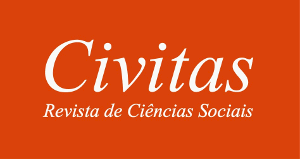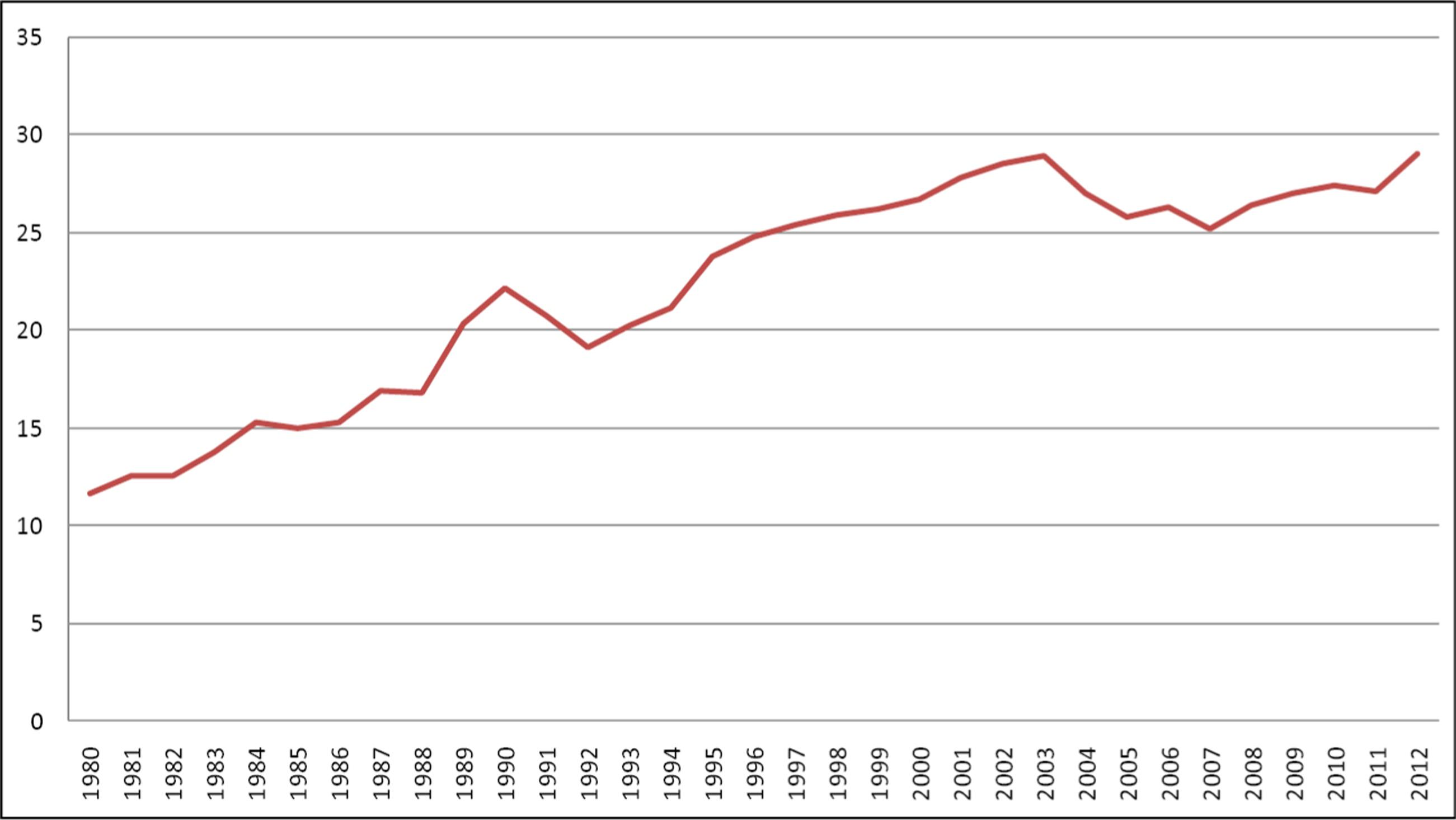Abstract:
This paper is divided into three parts, attempting to correlate the analysis of penal policies implemented since the arrival of the Workers Party to the federal government in 2003 and the impact of these policies, especially those linked to legislative changes in criminal matters, on rates of incarceration. Based on the understanding that the period opened, in Brazil and other countries in South America, with the rise to power of parties linked to the left political tradition is characterized by an attempt to establish a counterpoint to the previous period, marked by privatization and reduction in public spending on social policy, producing results in the reduction of social inequality and implementing distributive or compensatory policies, our purpose is to identify the main aspects that marked this period in the drafting and implementation of the so called criminal policies. In a second step, we analyzed the data on incarceration in Brazil during this period, which is marked by the uninterrupted growth in the number of provisional and definitive prisoners, and we try to point out the main causes of this situation largely contradictory to the programmatic definitions of the federal government. Finally, we try to point out the main problems and obstacles to a reversal of this incarceration growth trend, as well as the implementation of a new model of crime prevention, taking into account the limits of the political project implemented in these 12 years to the area of public safety and its possible consequences.
Keywords:
Criminal policy; Imprisonment; Public security

 Fonte: Weiselfiz (2014).
Fonte: Weiselfiz (2014).
 Fonte: Pnad-IBGE.
Fonte: Pnad-IBGE.
 Fonte: Depen-MJ
Fonte: Depen-MJ
 Fonte: Depen-MJ
Fonte: Depen-MJ
 Fonte: Depen-MJ.
Fonte: Depen-MJ.